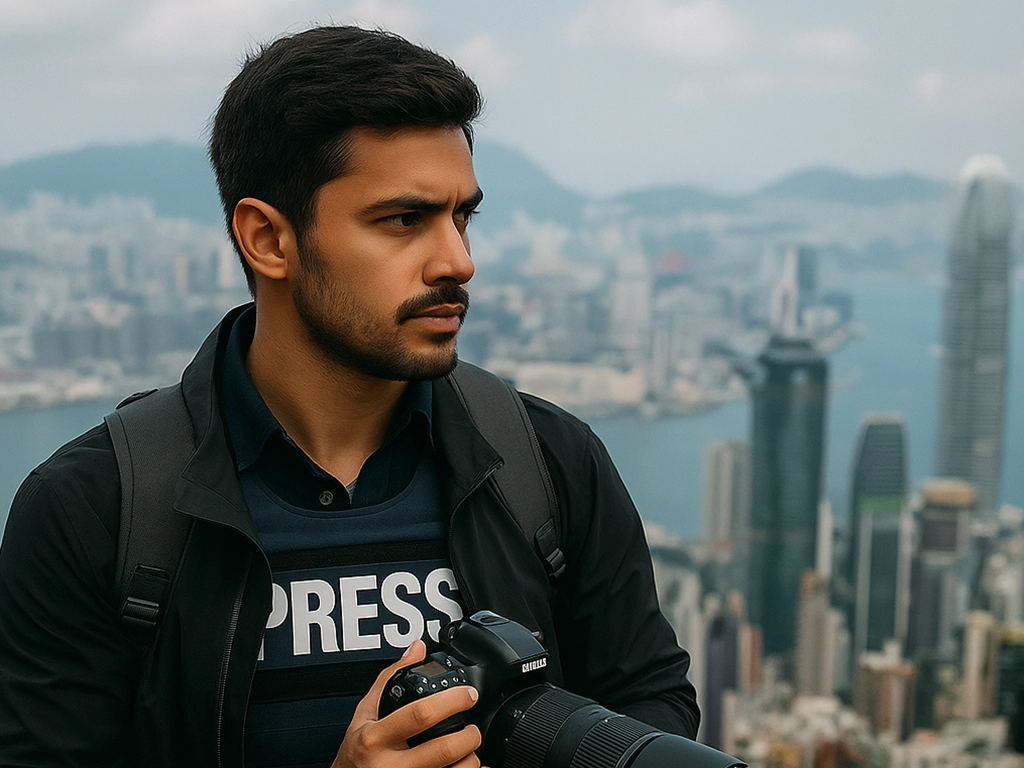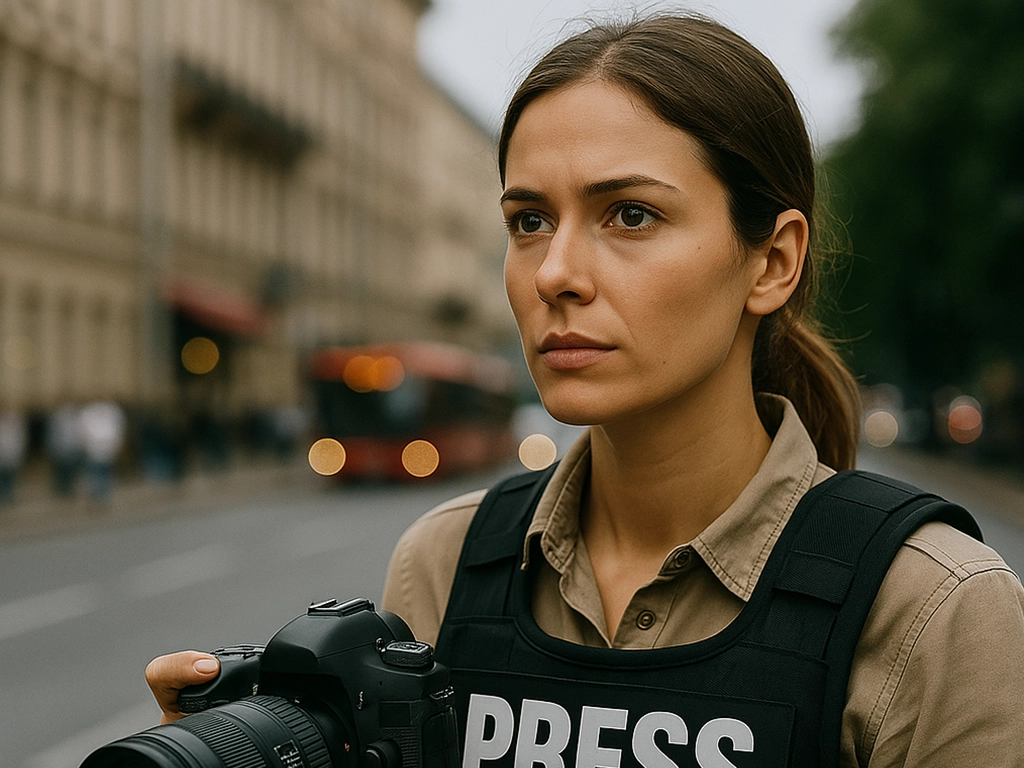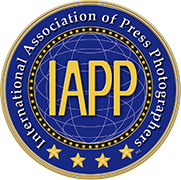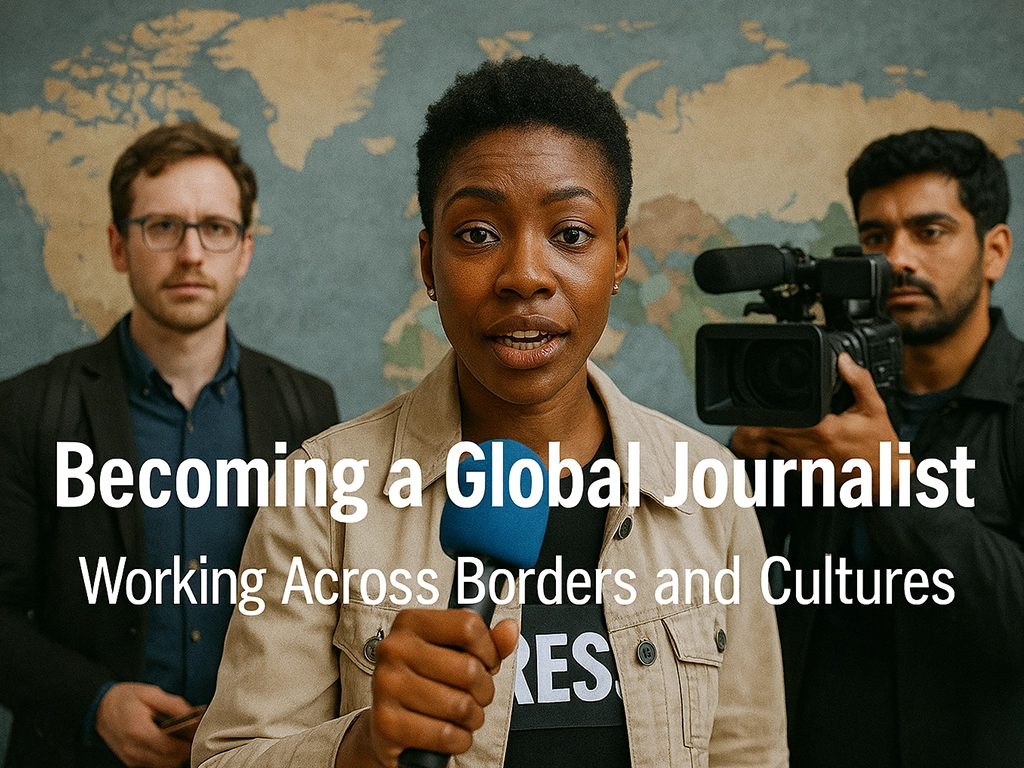In today’s interconnected world, the demand for journalists who can report across borders and cultures has never been higher. Whether covering international conflicts, environmental crises, global sports events, or cultural movements, the modern press photographer and reporter must be equipped not only with technical skills but also with cultural sensitivity, language adaptability, and a deep understanding of geopolitics. This article explores the pathways to becoming a successful global journalist and how organizations like the International Association of Press Photographers (IAPP) support this professional evolution.
Embracing Cultural Intelligence
Cultural intelligence (CQ) is more than just understanding etiquette or knowing a few foreign phrases. It’s the ability to function effectively in different cultural contexts. For journalists, this means accurately interpreting social cues, respecting local norms, and understanding how cultural backgrounds shape the stories people tell.
Working internationally often places journalists in unfamiliar or sensitive settings. Misunderstanding traditions, taboos, or local politics can not only hinder reporting but damage relationships with sources and communities. Developing CQ involves both study and immersion – reading about history and current events, but also spending time in the field and listening actively to local voices.
Real-world experience is essential for deepening cultural intelligence. Journalists who embed themselves in local communities – attending cultural events, working with regional organizations, or even taking language courses – gain insights that are impossible to acquire from textbooks alone. This authenticity can translate into more respectful and impactful reporting, especially when dealing with marginalized or misunderstood populations.
Building a Global Network
One of the most powerful tools for an aspiring global journalist is a strong professional network. Connections with fixers, translators, local journalists, NGO staff, and regional experts are invaluable. They can provide insider knowledge, assist with logistics, and help journalists stay safe while reporting.
Organizations like the IAPP offer a global platform where members can connect with peers across continents, share resources, and collaborate on international projects. Having a trusted network not only improves access to stories but also enhances credibility with editors and media outlets.
Networking also opens doors to mentorship, job opportunities, and collaborative projects that might not be available through traditional hiring channels. Engaging with peers in forums, industry events, or even social media groups can help build long-lasting relationships that extend across countries and cultures.

Mastering Multilingual and Cross-Cultural Communication
While fluency in multiple languages is a huge asset, it’s not always realistic. What’s crucial is the ability to communicate clearly and respectfully across language barriers. This includes speaking slowly and simply, using visual tools when needed, and understanding the role of nonverbal communication.
Moreover, journalists should be aware of how press freedom, censorship, and media expectations vary between countries. What is considered a fair question or acceptable photograph in one country may be perceived as intrusive or dangerous in another.
Adapting one’s communication style to fit the audience or source is a sign of professionalism. This might mean learning basic greetings and customs before arriving on assignment or using interpreters when necessary. Being culturally aware in your communication builds trust and makes interviewees more willing to share their stories.
In addition to live interaction, global journalists must also consider how their published work will be interpreted in different cultural contexts. Certain phrases, metaphors, or images may not translate well or may unintentionally offend. A careful, culturally sensitive editorial approach can help avoid these pitfalls and increase the clarity and impact of reporting.
Legal and Safety Considerations
International journalism entails navigating complex legal frameworks and potential safety hazards. Journalists are advised to thoroughly understand visa protocols, local press regulations, and insurance obligations specific to each country. Certain jurisdictions may require foreign correspondents to obtain special accreditation or operate under governmental oversight.
Safety considerations are particularly acute in conflict areas or under authoritarian regimes. Comprehensive risk assessments, heightened situational awareness, and first aid preparedness are critical prerequisites. Prior to departure, journalists should examine the prevailing political environment and anticipate risks such as surveillance, theft, or curbs on journalistic freedoms.
Digital security remains a significant concern for those reporting abroad. Risks including government monitoring and cyberattacks are prevalent in numerous regions. Employing encrypted communication, securing sensitive data, and maintaining secure backups are prudent measures to mitigate such threats.
The IAPP supports its members by providing access to legal guidance, press credential verification, and insights from experienced international correspondents. These resources are instrumental in equipping journalists to operate effectively in unfamiliar settings.
Adapting to Global Storytelling Styles
Media consumption and interpretation vary significantly across cultures. Journalists must demonstrate adaptability in their storytelling approaches, tailoring tone, format, and context to suit distinct audiences. For instance, Western readers may require additional background information that would be redundant for local audiences.
Recognising these cultural distinctions enhances a report’s relevance and global resonance, while also helping to avoid inadvertent perpetuation of stereotypes or bias.
Cultural expectations regarding visual storytelling also differ. In certain societies, graphic content may be inappropriate or even prohibited, whereas it may be customary elsewhere. Elements such as narrative voice, pacing, and the journalist’s visibility within the story can also fluctuate depending on regional norms. Awareness of these factors allows for more effective and respectful adaptation without compromising factual integrity or ethical standards.
Modern journalism increasingly relies on diverse multimedia formats, including photo essays, documentaries, and interactive digital features. Combining structured narratives with impactful visuals can transcend linguistic and cultural barriers. Journalists who leverage innovative media while adhering to ethical principles are better positioned to achieve cross-cultural engagement and professional success.

The IAPP’s Role in Supporting Global Journalism
The International Association of Press Photographers (IAPP) provides the infrastructure and community support that journalists need to operate internationally. From globally recognized press credentials to training in international reporting standards, IAPP equips its members for success beyond borders.
Members gain access to:
- A verified professional network for cross-border collaborations
- Legal and safety guidelines tailored to specific regions
- Cultural briefings and language tips
- Press IDs and letters of assignment to support visa and access applications
Additionally, IAPP regularly highlights member work on its platforms, giving global journalists a venue to showcase their stories and reach broader audiences. IAPP’s workshops often include guest lectures by international correspondents, legal experts, and local media professionals who offer insights into working within specific cultural and political contexts.
For those just beginning to explore international journalism, IAPP’s resources can serve as a roadmap – from guidance on selecting equipment to securing insurance, managing risk, and developing culturally sensitive reporting strategies. It’s a one-stop support network designed to help press professionals thrive globally.
Conclusion
Becoming a global journalist is a journey of continuous learning, empathy, and resilience. It requires more than just technical know-how – it demands adaptability, cultural fluency, and a strong ethical foundation. With the right mindset, training, and support from networks like the IAPP, journalists can tell stories that transcend borders and bridge cultures.
In doing so, they help foster greater understanding in an increasingly complex world. As boundaries become more porous and news becomes more global, the work of international journalists is more important than ever – not only in reporting facts, but also in building cross-cultural dialogue and trust through the power of story.

